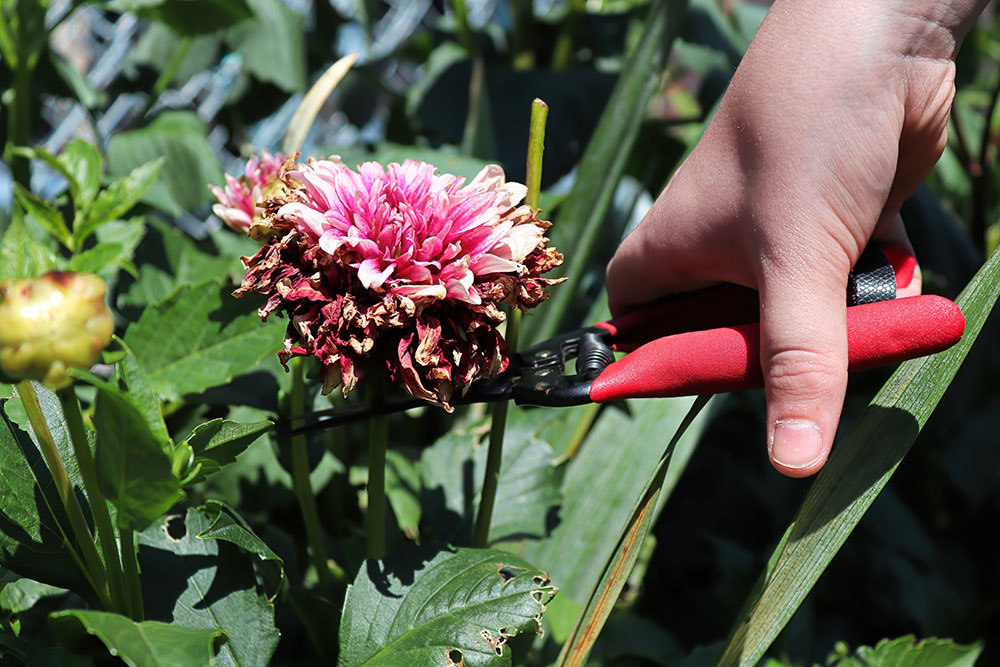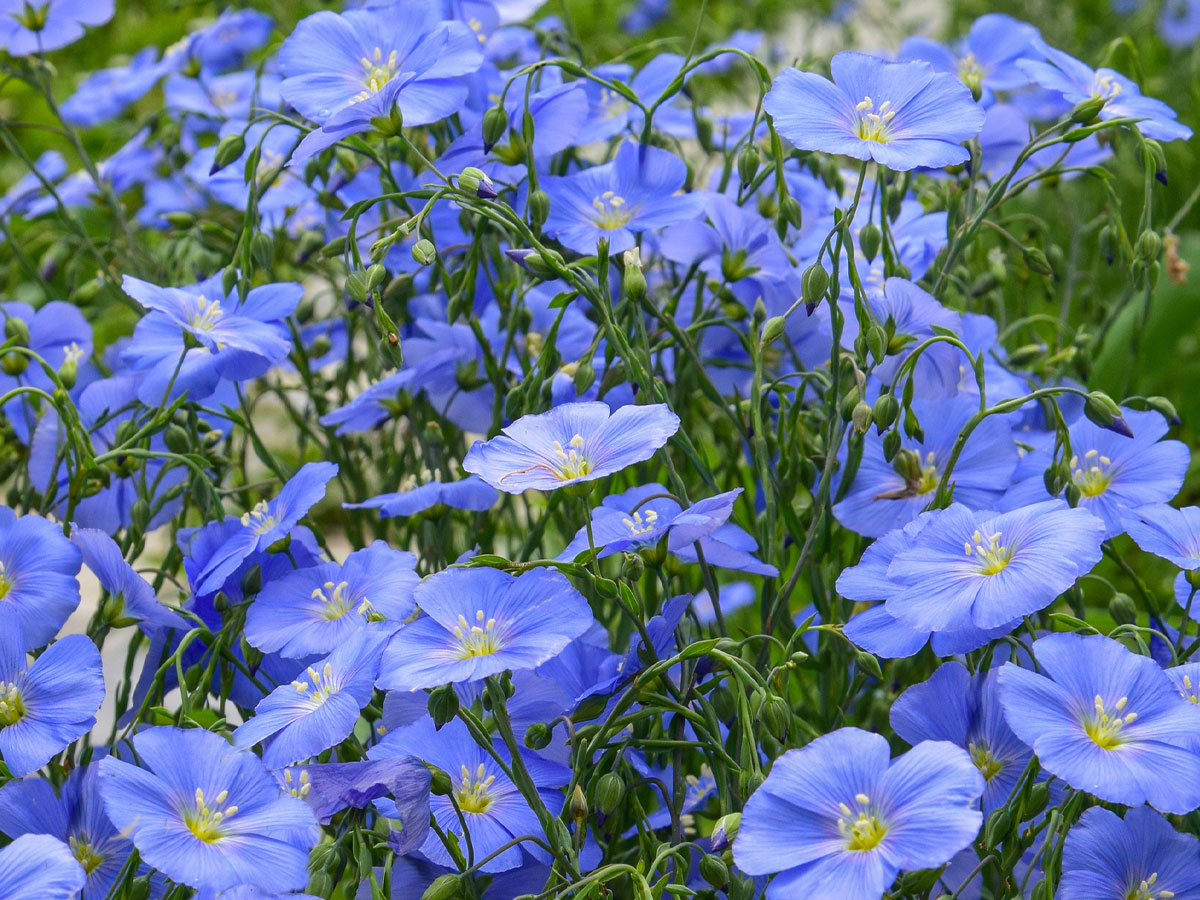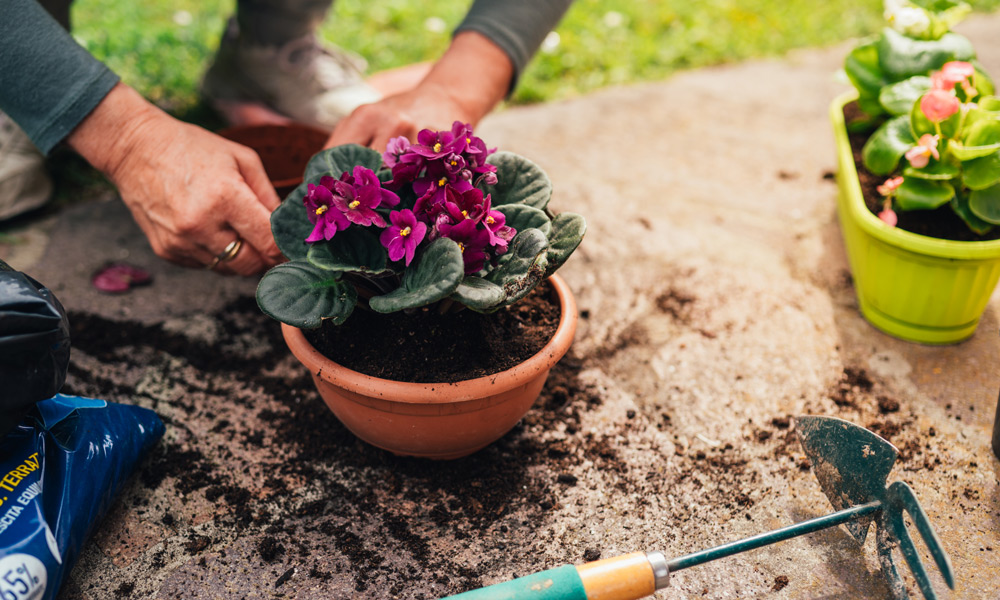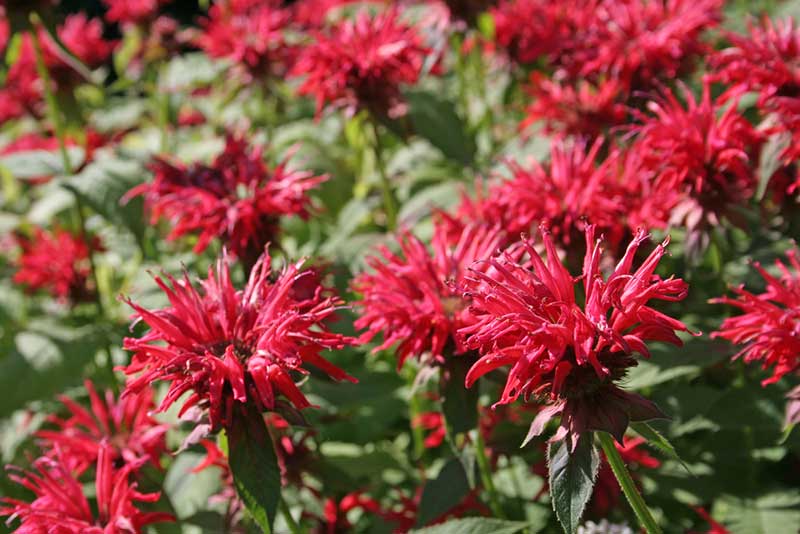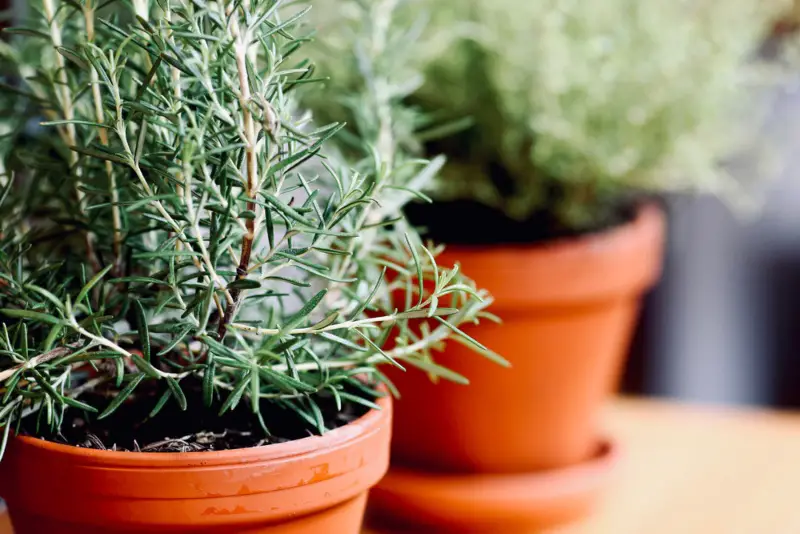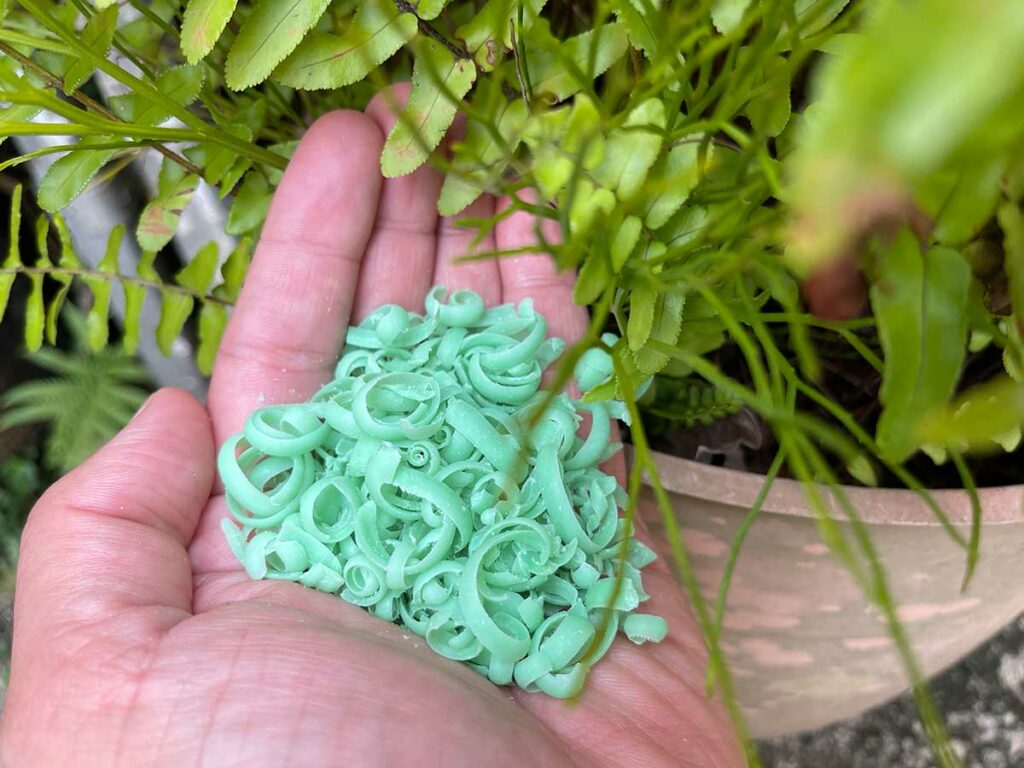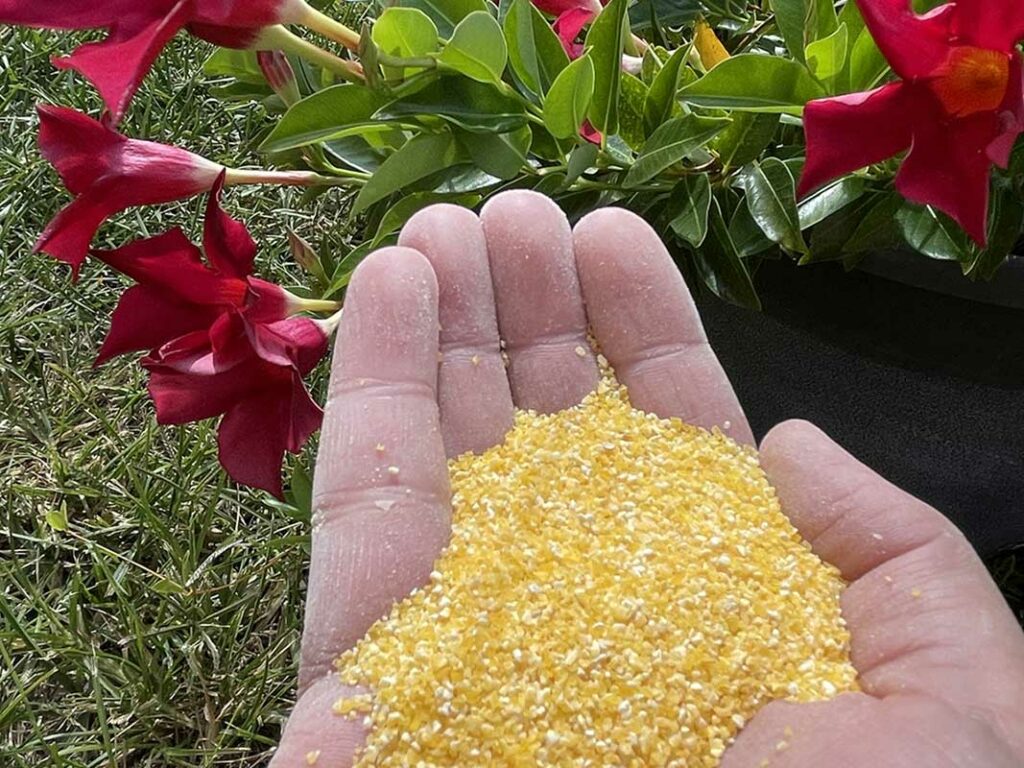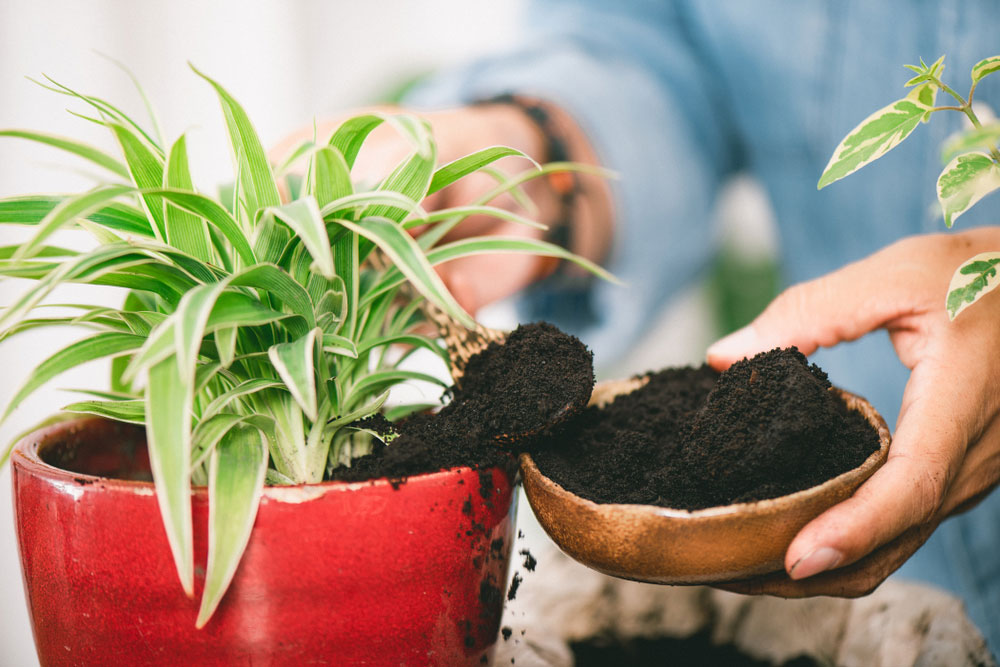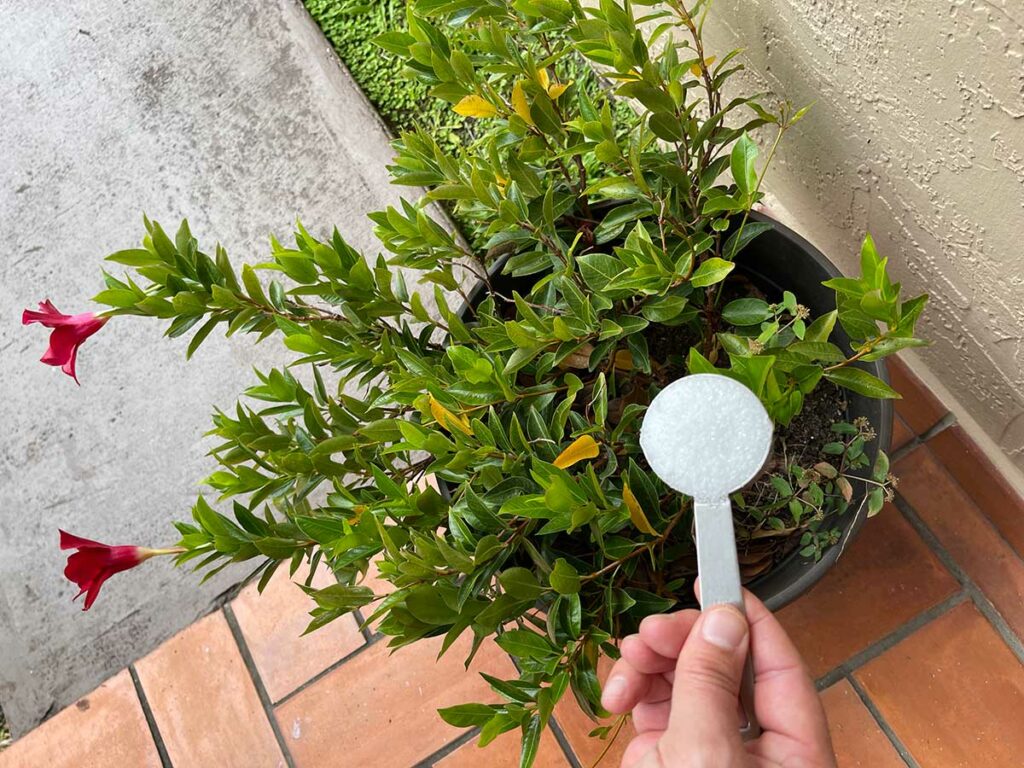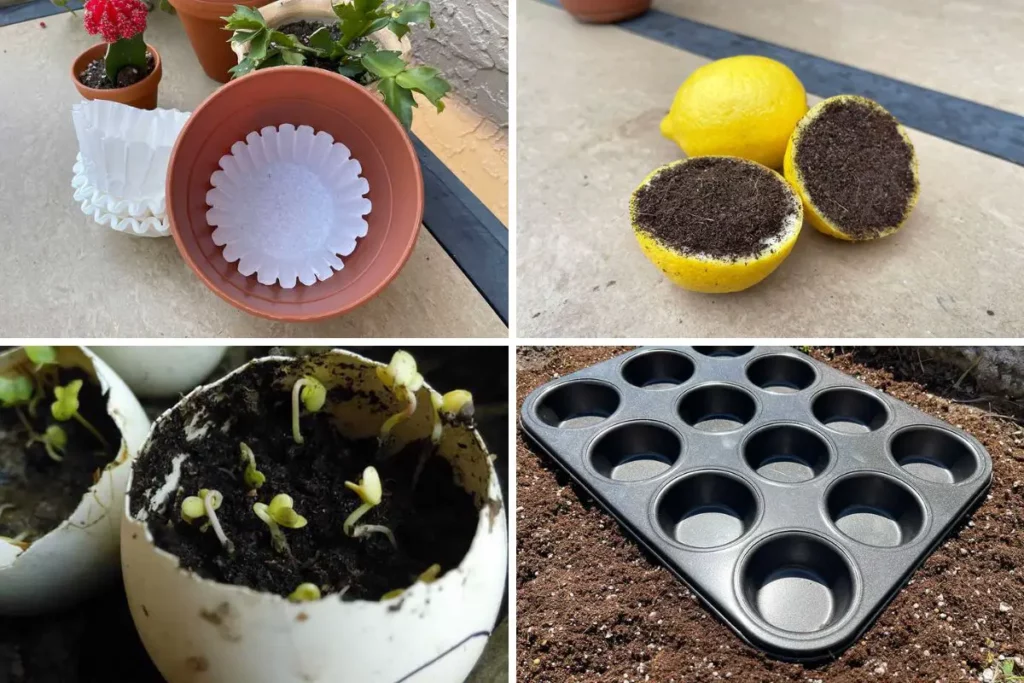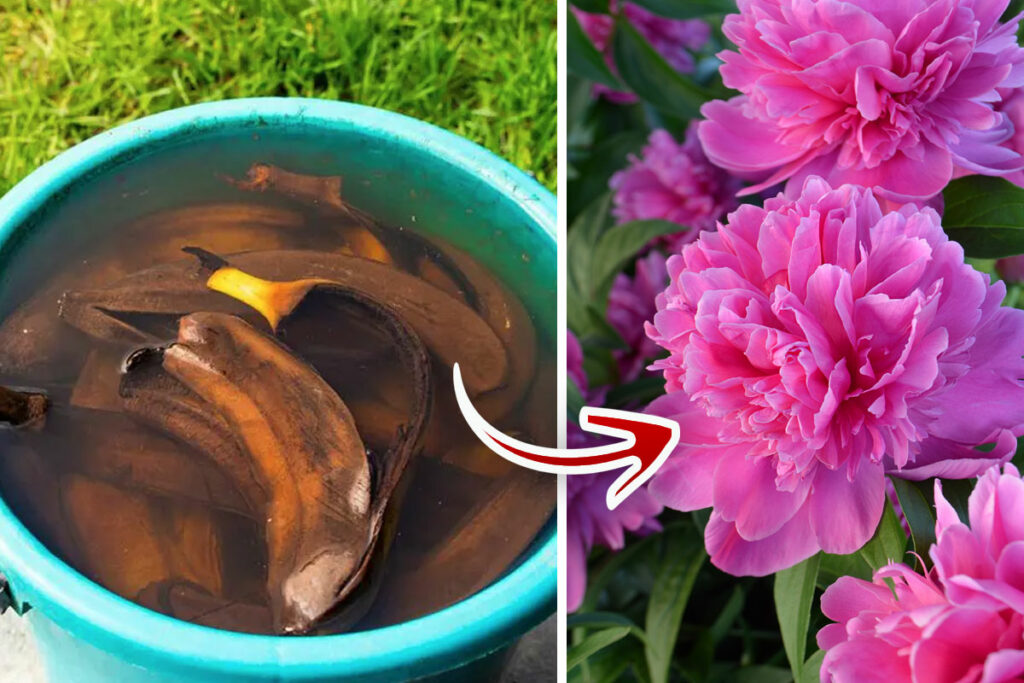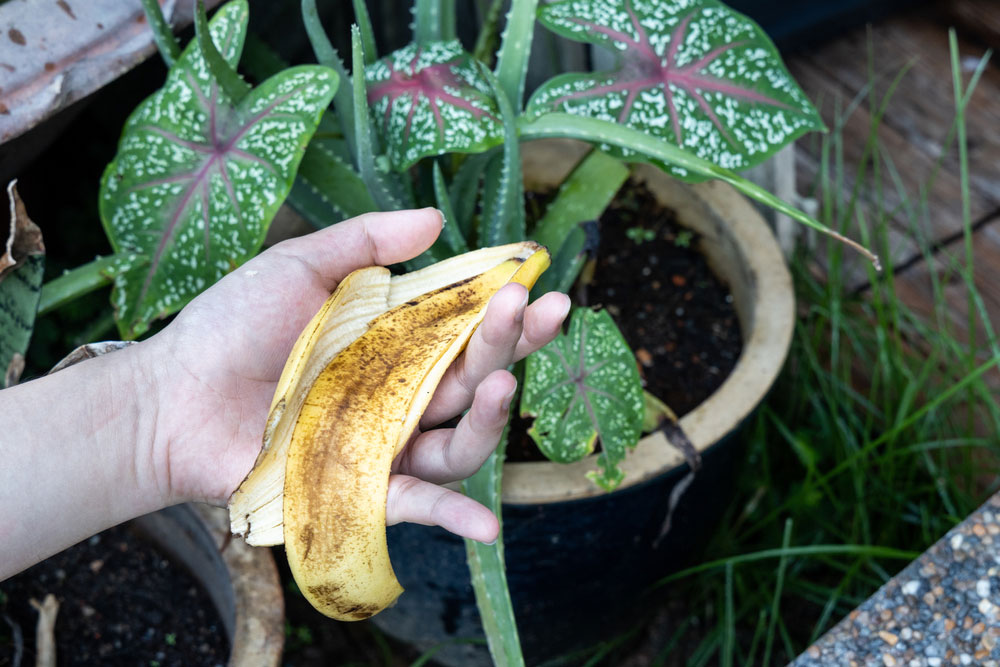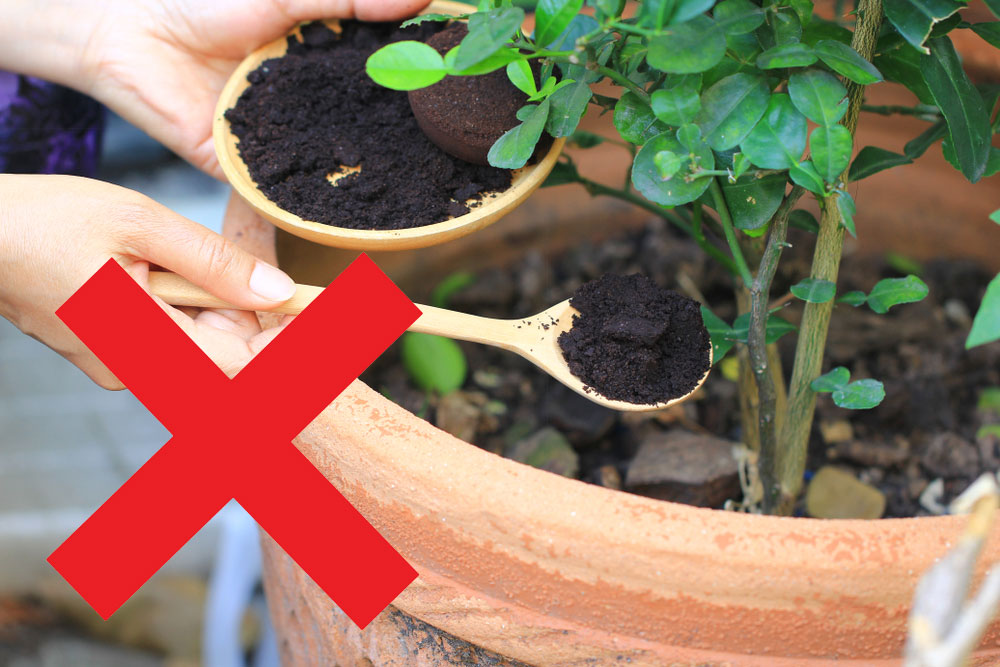
Many gardening enthusiasts use coffee grounds as a natural fertilizer, believing they offer numerous benefits. While this is true for some plants, others won’t thrive with coffee grounds.
(If you want to know what plants LOVE Coffee grounds, check out this article: 26 Plants that LOVE Coffee Grounds!)
It’s important to know which plants won’t benefit from adding coffee grounds to their soil.
In this article, I’ll share a list of ten plants that you should avoid giving your leftover coffee to ensure they stay healthy and vibrant.
1) Geranium
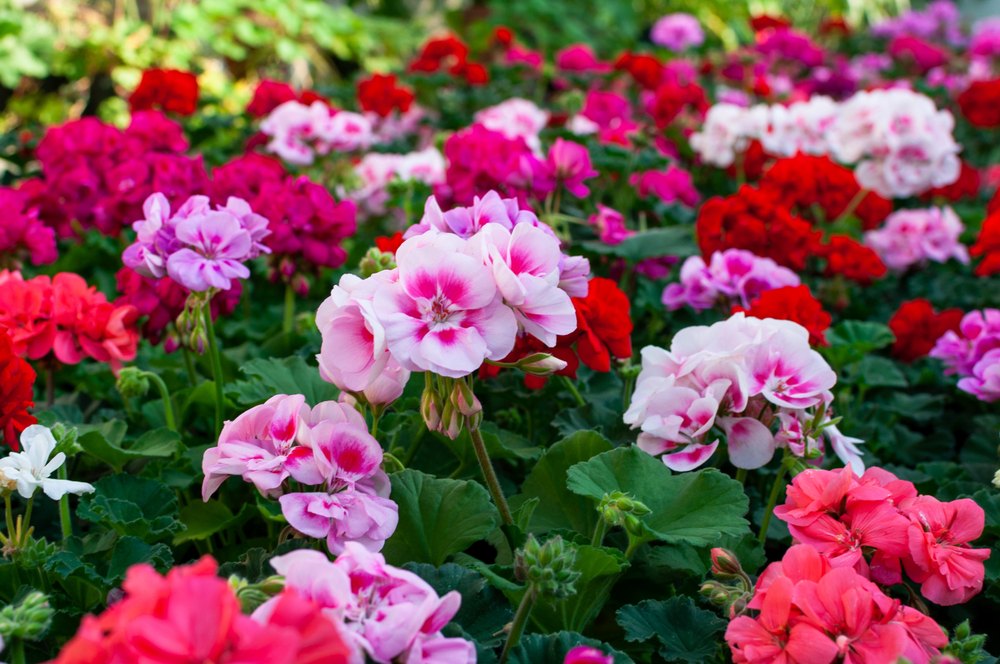
I’ve found that Geraniums don’t benefit much from coffee grounds. These plants prefer a more alkaline soil. Coffee grounds add acidity, making the soil less ideal for them.
If you want beautiful, healthy Geraniums, I recommend sticking to a balanced fertilizer. Your flowers will thank you!
2) Lavender
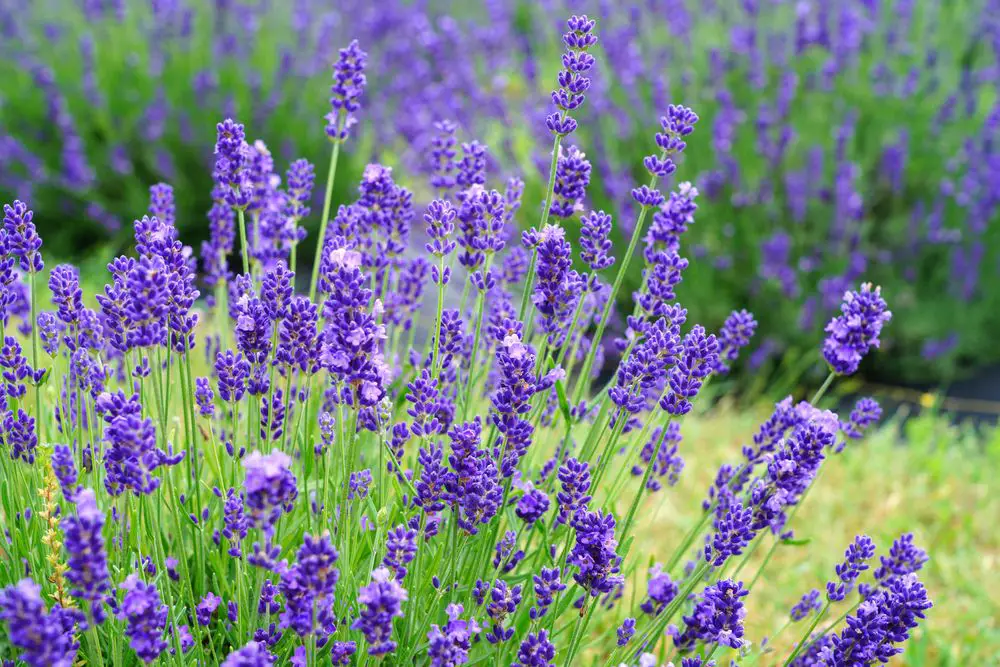
Lavender prefers well-drained, alkaline soil. Coffee grounds, being acidic, can disrupt its optimal growing conditions.
I noticed my lavender plants thrived better once I stopped using coffee grounds as mulch. Lavender also dislikes overly rich soil, which coffee grounds can create.
Instead, I opt for light mulches and occasional lime to keep my lavender happy and healthy.
3) Rosemary

I love using rosemary in my cooking, but it’s one of those plants that just doesn’t like coffee grounds.
Rosemary prefers alkaline to neutral soil. Coffee grounds are quite acidic, which can disrupt its growth.
Too much acidity can lead to yellowing leaves and a less vigorous plant. So, it’s best to keep those grounds away!
4) Aloe Vera

Aloe Vera is a wonderful plant known for its soothing properties. However, it doesn’t thrive with coffee grounds.
The acidity in coffee grounds can disrupt Aloe Vera’s preferred slightly alkaline soil environment. Incorporating coffee grounds can lead to poor growth and health for this resilient plant.
For the best results, stick to a well-draining soil mix designed for succulents.
5) Cacti and Succulents
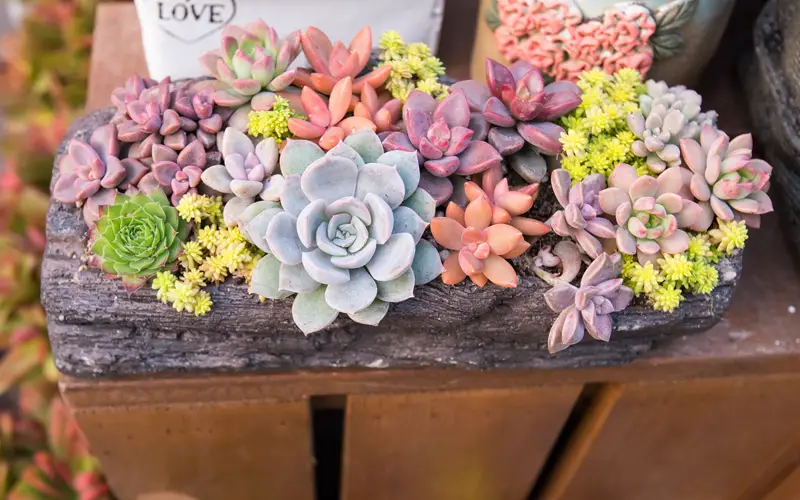
I’ve tried using coffee grounds on my cacti and succulents, but it didn’t work out well. These plants prefer well-draining soil, and coffee grounds can retain moisture, which isn’t ideal for them.
Additionally, coffee grounds can slightly increase soil acidity. Cacti and succulents generally prefer neutral to slightly alkaline soil, so this can create an unfavorable environment for them. I’ve found it’s best to avoid using coffee grounds with these plants.
6) Dianthus
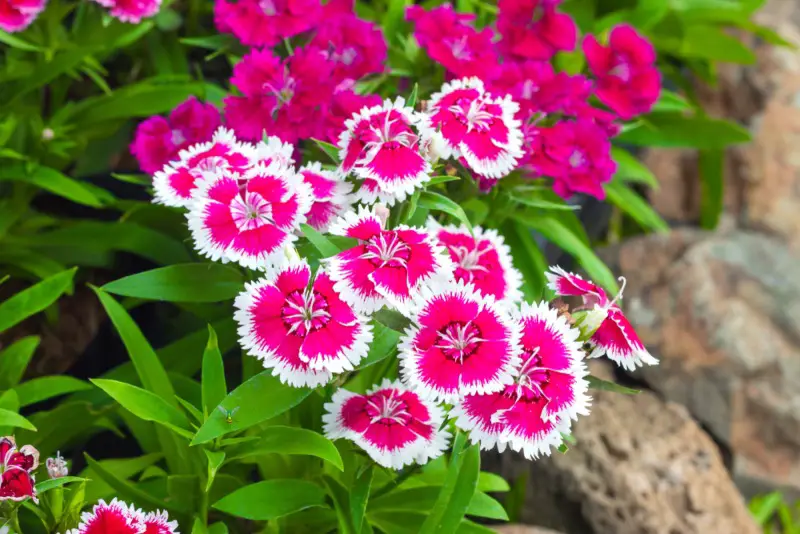
Dianthus, also known as pinks, are charming garden flowers with a spicy fragrance. I’ve noticed that they don’t thrive with coffee grounds.
These plants prefer alkaline to neutral soil, while coffee grounds can make the soil too acidic for their liking. So, skip the coffee grounds for your dianthus to keep them happy and blooming beautifully.
7) Snapdragon
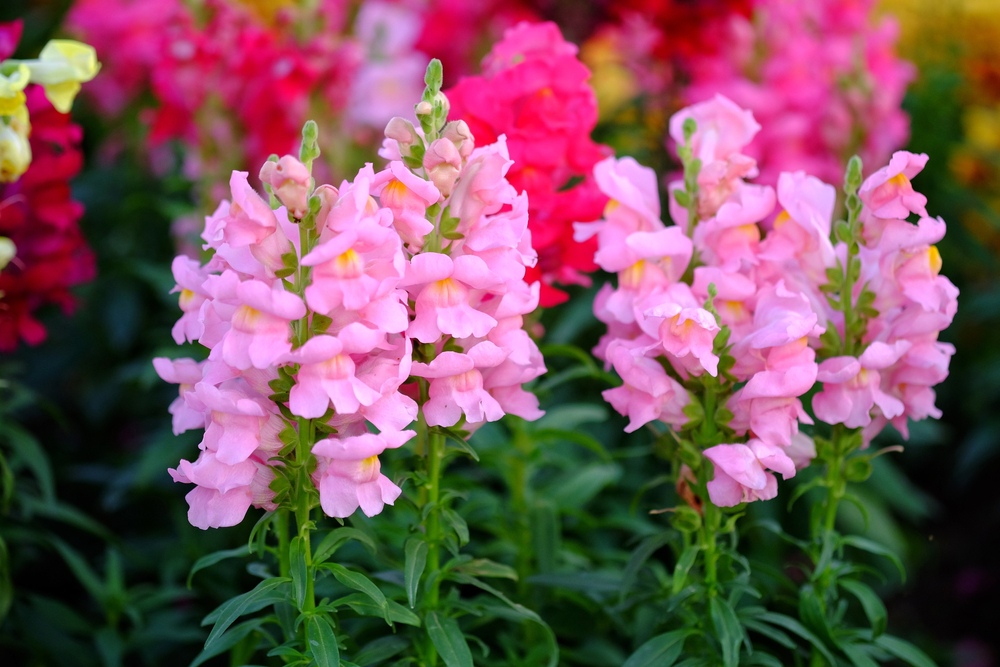
Snapdragons are lovely, colorful flowers that add charm to any garden. They prefer neutral to slightly acidic soil, making coffee grounds too acidic for them.
When I tried adding coffee grounds, my snapdragons struggled to thrive and looked unhealthy. They do best with balanced fertilizers and well-draining soil.
8) Chrysanthemum
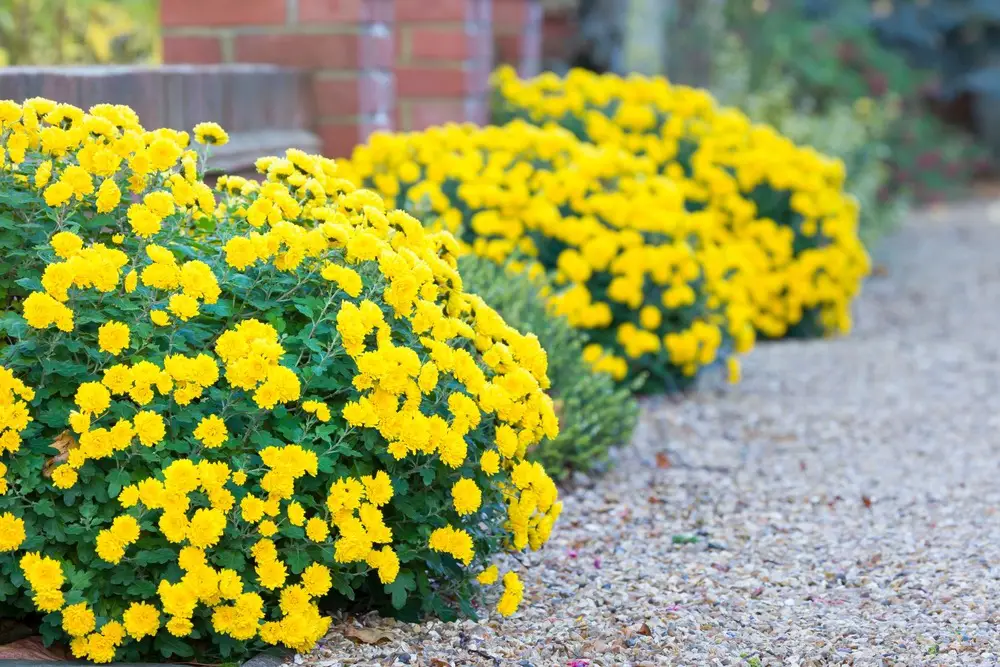
Chrysanthemums are beautiful flowers that I enjoy admiring. Coffee grounds are too acidic for these plants. They prefer balanced soil conditions.
I learned that excess nitrogen from coffee grounds can also make them leggy. This affects their blooming. So, I avoid using coffee grounds near my chrysanthemums.
9) Shasta Daisy
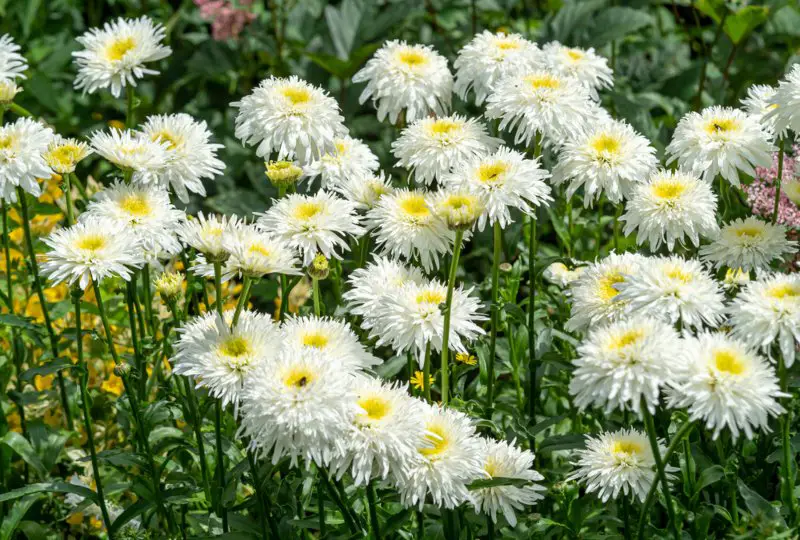
Shasta Daisies are a favorite of mine with their cheerful white petals and sunny yellow centers.
I’ve found that coffee grounds can be too acidic for these beauties, disturbing their growth.
Instead, I prefer using a balanced, nutrient-rich compost to keep my Shasta Daisies happy and thriving.
10) Mint

Mint is an herb known for its vibrant flavor but it doesn’t thrive with coffee grounds. Coffee grounds are too acidic for mint, which prefers more neutral soil.
Using coffee grounds on mint can stunt its growth and alter its flavor. Instead, I like to use compost or well-balanced plant food to keep my mint healthy and tasty.
The Science Behind Coffee Grounds And Soil
Coffee grounds can influence the soil’s pH level and provide various nutrients.
How Coffee Grounds Affect Soil pH
Coffee grounds are usually acidic, with a pH level typically ranging between 4.5 to 6.8. This means they may increase the acidity of the soil, which isn’t suitable for all plants. Plants like tomatoes might flourish, whereas plants that prefer neutral or alkaline soil may struggle.
Adding an excessive amount of coffee grounds can significantly alter the soil’s pH, possibly harming plants not tolerant to higher acidity. It’s essential to use coffee grounds in moderation to avoid creating an unfavorable environment for those plants. Regular soil testing can help maintain the proper pH balance needed for the variety of plants in your garden.
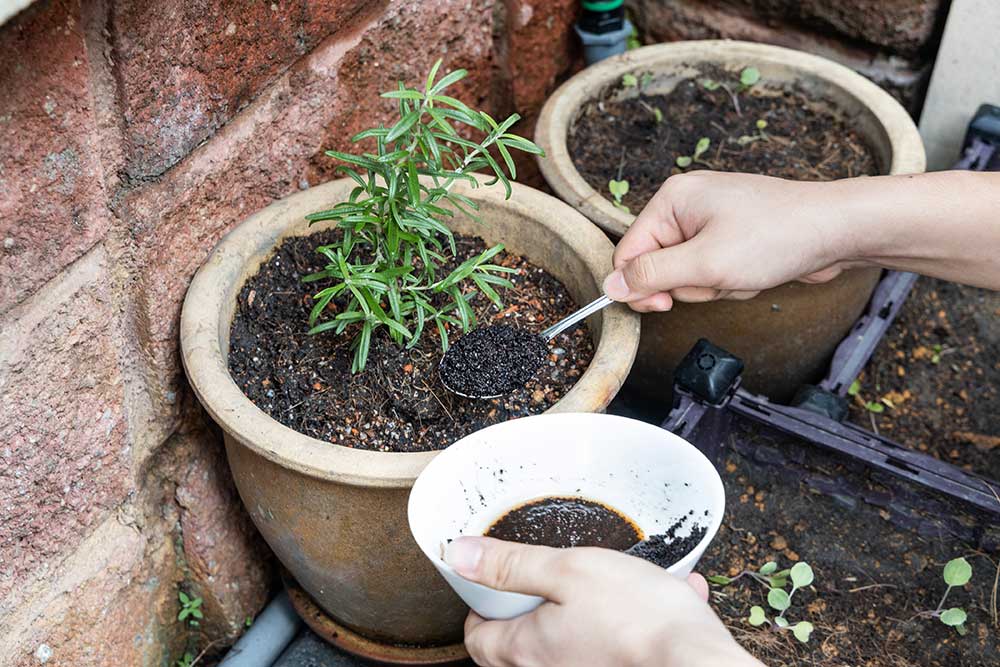
Nutrient Composition Of Coffee Grounds
Coffee grounds are rich in several nutrients. They contain nitrogen, which is vital for plant growth, alongside smaller amounts of phosphorus and potassium. These nutrients are crucial for plant health, promoting strong stems and lush foliage.
Despite their benefits, coffee grounds should be used as a part of a balanced compost mix rather than a standalone fertilizer. They can help improve soil structure and drainage, promoting a healthier root system. However, the high carbon-to-nitrogen ratio means integrating other organic materials into the compost is necessary.
Using coffee grounds wisely can lead to lush, thriving plants, but overuse might lead to issues that could be easily avoided with careful management.
Common Misconceptions About Using Coffee Grounds
Many people think coffee grounds are a miracle solution for all plants, but that’s not always true. Some common misconceptions need clearing up.
1. Coffee Grounds as a Universal Fertilizer: Not all plants benefit equally from coffee grounds. While grounds add organic matter, they might not suit every plant’s nutrient needs.
Here are 26 Plants that LOVE Coffee Grounds!
2. Coffee Grounds Acidify Soil: Coffee grounds are often believed to make soil overly acidic. Fresh grounds are acidic, but used grounds are closer to neutral.
3. Coffee Grounds Deter Pests: It’s thought they repel pests like slugs. The evidence is mixed; there’s no guarantee they will keep your garden pest-free.
4. Instant Composting: Grounds need time to break down. Tossing them directly onto soil doesn’t provide immediate benefits. They should be composted first.
5. Unlimited Usefulness: Adding too many coffee grounds can lead to poor soil structure and nutrient imbalances. Moderation is key.
By understanding these misconceptions, you can better use coffee grounds in your garden.

